On Friday 15 September, Yumna and Leah facilitated an online workshop for volunteers and members of Swansea Asylum Seekers Support (SASS).
SASS is a volunteer-led charity created by and for people seeking asylum who are dispersed to Swansea. It was founded in 1999 (!) and the first weekly drop-ins began in 2001. SASS volunteers host twice-weekly drop-ins, and offer practical support, educational and recreational opportunities for the community.
SASS is a wonderful example of what happens when welcoming locals – with and without lived experience – come together to create an environment of equality, support, and warmth. This was reflected in the make-up of the participants at the workshop.
What did the workshop cover?
As always, we provided an introduction to the Right to Remain Toolkit as a resource for community groups who support people going through the system, as well as people who are going through the system themselves. The Toolkit (and our other resources) are vast, so it is always helpful to show people just how much is in there and how to find answers to their questions.
Our 5 key tips for navigating the Toolkit and our other resources are helpfully outlined in a blog post.
We then went through the stages of the asylum process as it is now (with a nod to the fact that although the ‘Illegal’ Migration Act has been passed, many of its sections remain unenforced).
The participants were challenged to put the stages in the correct order, before we re-joined as a group to a deep dive into what each stage means. For instance, we provided some context about the Inadmissibility Rules, including the fact that they are not new but have in fact been around since 2021.
You can read more about the Inadmissibility Rules in our detailed Toolkit page here.
The importance of evidence
The last part of the workshop focused on the importance of evidence in asylum and immigration cases. We discussed questions like “What is evidence?” and “what is good evidence?”. We then looked at a number of hypothetical case studies to decide what type of evidence would best suit the situation of each person.
Everything we discussed about evidence can be found in our Toolkit page here, and in our YouTube videos below, too.
The workshop was a lovely way to connect with a grassroots group, to address some areas in which they felt they needed more information, and to pass on key information that could prove useful to their community members.
If you would like to request a (virtual or in-person) workshop from Right to Remain, please take a look at our workshop request form. We are a tiny team, so we cannot meet every request immediately but we always try our best!


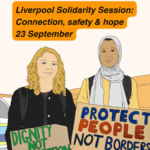
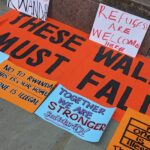


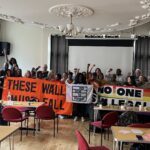



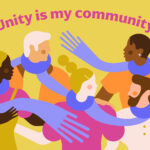
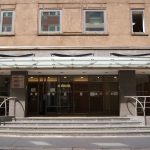
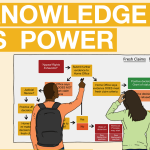
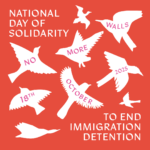
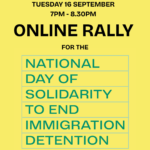
Discussion: